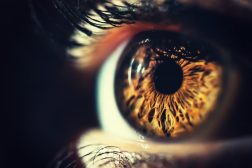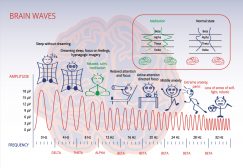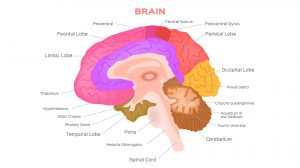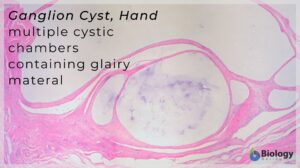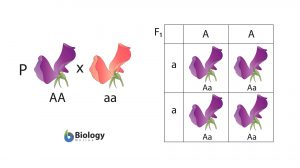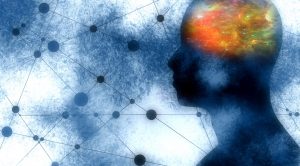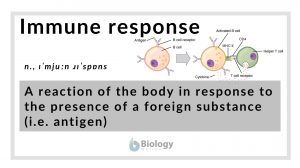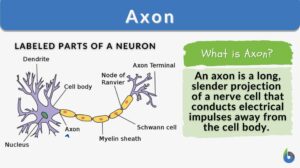Search Results for: neurology
Human Perception – Neurology
A better understanding of human perception unlocks the key to how the mind works, an advantage when working with people with... Read More
Sleep and Dreams – Neurology
The Falling Asleep Process During the day when we are awake, our body and brain are working tirelessly to operate our body,... Read More
Human Neurology
Human Neurology deals essentially with the nervous system of humans. It also features the various theories put forward by... Read More
Neurology of Illusions
As mentioned in the previous tutorial, Human Perception, illusions can be caused by mental disorders or misreading of the... Read More
Clinical neuroscience
Definition noun A branch of neuroscience that deals with the scientific study of the mechanisms underlying the different... Read More
Abdominal reflex
Definition noun, plural: abdominal reflexes Abdominal wall muscle contraction of the umbilicus toward the abdominal quadrant... Read More
Prodromal period
There are five stages (or phases) of a disease. (Hattis, 2020). These stages are (1) Incubation period, (2) Prodromal... Read More
Recruitment
Recruitment (Science: neurology) The gradual increase to a maximum in a reflex when a stimulus of unaltered intensity is... Read More
Acetylcholine
Acetylcholine (Science: chemical, neurology, physiology) a chemical found in vertebrate neurons that carries information... Read More
Cerebrospinal fluid
Definition noun, plural: cerebrospinal fluids A clear, colorless body fluid that fills the ventricles of the brain and the... Read More
Refractory Period
(neurology) the time after a neuron fires or a muscle fiber contracts during which a stimulus will not evoke a response.The... Read More
Presynaptic cell
presynaptic cell (Science: physiology) In a chemical synapse, the cell that releases neurotransmitter that will stimulate... Read More
Neuroanatomist
Definition noun, plural: neuroanatomists An expert or a researcher in the field of neuroanatomy Supplement Neuroanatomists... Read More
Sigmund Freud and Carl Gustav Jung
Sigmund Freud Sigmund Freud was a famous Austrian neurologist (1856 - 1939), who stated that dreams were the manifestation... Read More
Psychiatry & Mental Disorders
The Definition of Mad When someone says 'mental disorder' many people associate it with madness. This is truly not the... Read More
Endoplasmic reticulum
Endoplasmic Reticulum Definition The endoplasmic reticulum is a membrane-bound organelle in cells of eukaryotic cells... Read More
The Psychobiology of Hysteria
Editorial Hysteria is often regarded as the archetypal psychodynamic illness. Freud carried out much of his early work on... Read More
Adaptation
Adaptation Definition In biology and ecology, adaptation refers to the process of adjusting behavior, physiology, or... Read More
Association
Association 1. (Science: neurology) correlation involving a high degree of modifiability and also consciousness. 2.... Read More
Lenticular
Lenticular 1. (Science: anatomy) Pertaining to or shaped like a lens. 2. (Science: ophthalmology) Pertaining to the... Read More
Immune response
Immune Response Definition An immune response is defined as the reaction of the body in response to the presence of a... Read More
Articulation
Articulation (Science: neurology) The ability to pronounce speech sounds, words and thoughts. (Science: orthopaedics,... Read More
Biomagnetism: Fundamental Research and Clinical Applications, (Studies in Applied Electromagnetics and Mechanics , Vol 7)
Biomagnetism: Fundamental Research and Clinical Applications ... Read More

